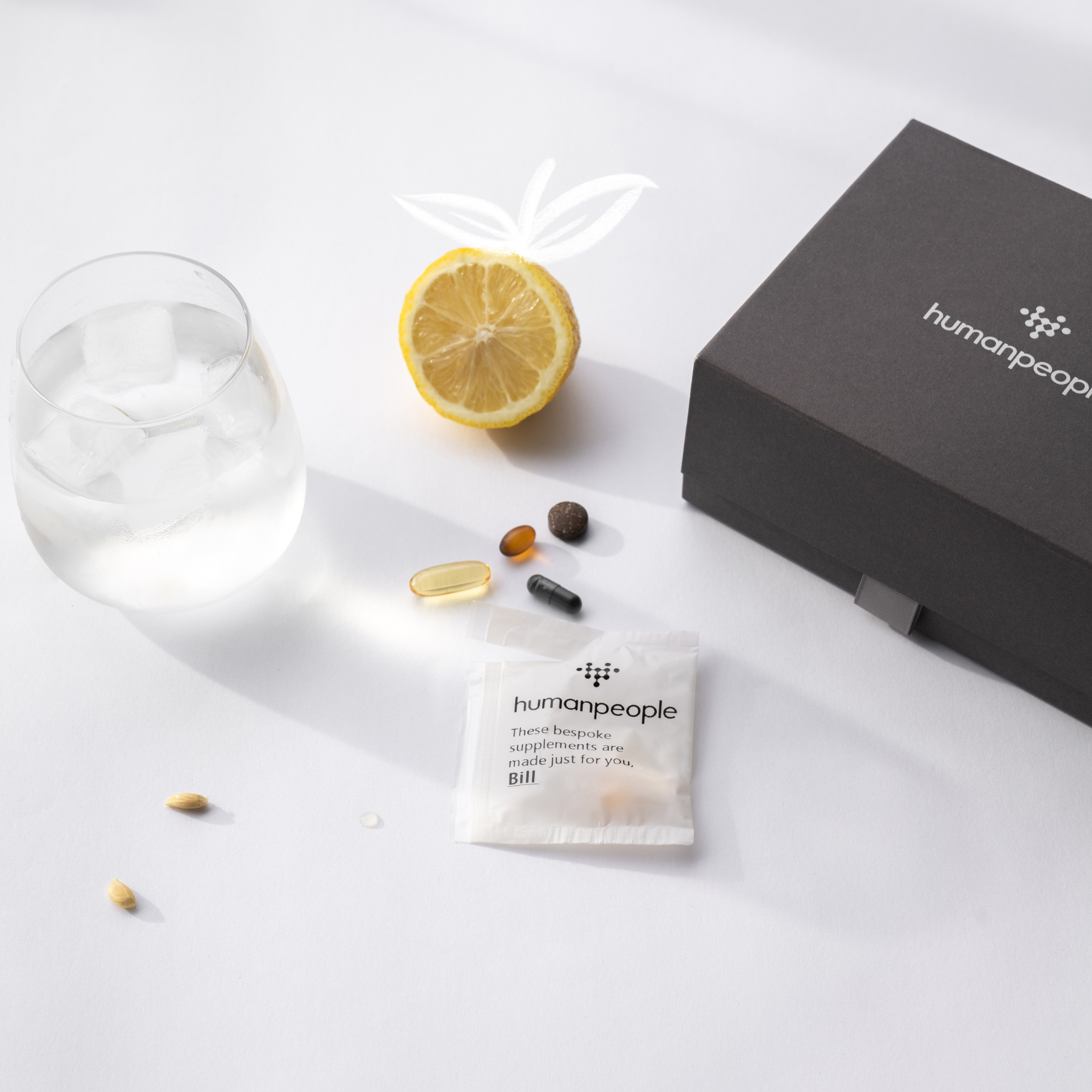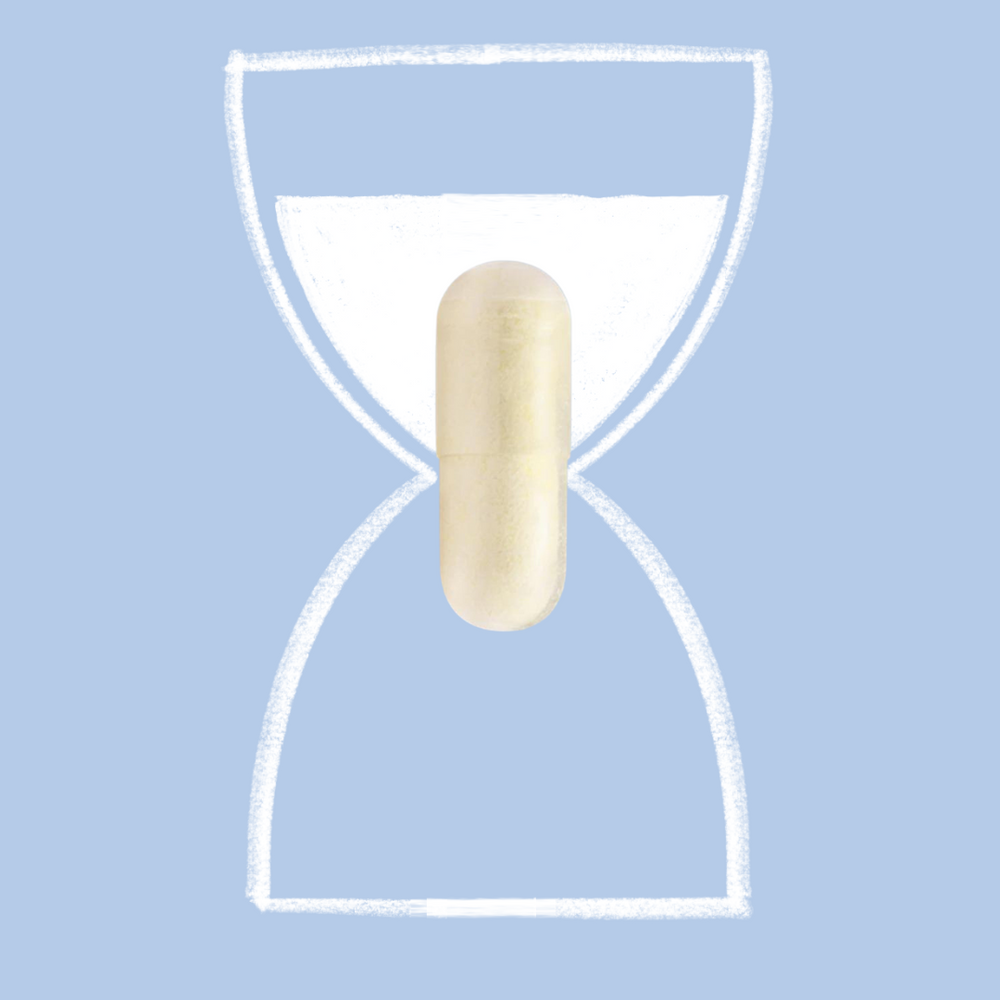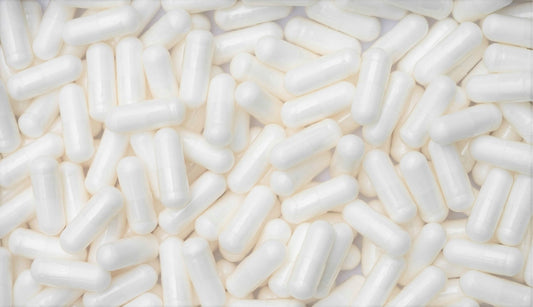Lorem ipsum
1
You have saved personalized supplements. Would you like to add them back to your cart?
£0.00 GBP
Your cart total must be £20.00 or more to proceed.
500mg
• Regulates blood sugar
• Lowers cholesterol
• Acts as a natural antimicrobial against unwanted pathogens
Couldn't load pickup availability
 Non-GMO
Non-GMO
 GMP
GMP
 Gluten Free
Gluten Free
 No fillers
No fillers
 Vegan
Vegan
Berberine is a naturally occurring alkaloid compound in various plants, including the barberry shrub.
It is a powerful herbal medicine used by Functional medicine practitioners, most notably for its potential role in improving gut health.
It is also a powerful tool in managing blood sugar levels and promoting cardiovascular health.

Gut health & sugar stabiliser
Berberine has been shown to activate an enzyme called AMP-activated protein kinase (AMPK) inside body cells. This enzyme is sometimes referred to as a "metabolic master switch" because it plays an essential role in regulating metabolism. Through this activation, berberine may help improve insulin sensitivity, promote glucose uptake in cells, and reduce glucose production in the liver.
In terms of cardiovascular benefits, berberine's cholesterol-lowering effects are believed to be mediated through its impact on the gut microbiota and its ability to reduce the absorption of cholesterol from the gut.
Berberine's antimicrobial action arises from its ability to interfere with the adhesion of pathogens to host cells, disrupting their biofilm formation and interrupting their cellular communication.
Successful use of berberine might manifest as more stabilized blood sugar levels, reduced cholesterol levels, and improved overall cardiovascular health. Additionally, those taking berberine for its antimicrobial properties might note a reduction in infections or related symptoms.
Take 1 capsule daily with food and water, unless specified otherwise on the sachet.
* Percent Daily Values are based on a 2,000 calorie diet.
† Daily Value not established.
Vegetarian Capsule
Publications you might find interesting

1. Zhang, H., Wei, J., Xue, R., Wu, J. D., Zhao, W., Wang, Z. Z., ... & Zhang, J. H. (2010). Berberine lowers blood glucose in type 2 diabetes mellitus patients through increasing insulin receptor expression. Metabolism, 59(2), 285-292.
2. Kong, W., Wei, J., Abidi, P., Lin, M., Inaba, S., Li, C., ... & Jiang, J. D. (2004). Berberine is a novel cholesterol-lowering drug working through a unique mechanism distinct from statins. Nature Medicine, 10(12), 1344-1351.
3. Wu, Y. C., Hsieh, C. L., Jiang, Y. H., Lin, W. C., Wu, Y. H., & Cheng, J. T. (2007). Berberine reduces leukocyte adhesion to LPS-stimulated endothelial cells and VCAM-1 expression both in vivo and in vitro. International Journal of Immunopathology and Pharmacology, 20(3), 447-457.
4. Wang, Q., Zhang, M., Liang, B., Shirwany, N., Zhu, Y., & Zou, M. H. (2011). Activation of AMP-activated protein kinase is required for berberine-induced reduction of atherosclerosis in mice: the role of uncoupling protein 2. PloS One, 6(9), e25436.
5. Ilyas Z, Perna S, Al-Thawadi S, et al. The effect of Berberine on weight loss in order to prevent obesity: A systematic review. Biomed Pharmacother. 2020;127:110137. doi:10.1016/j.biopha.2020.110137

Gain access to your own data driven dashboard, health reports and personalised supplement plans.


• Supports cellular health and longevity
• Boosts NAD function
• Promotes skin health and elasticity

